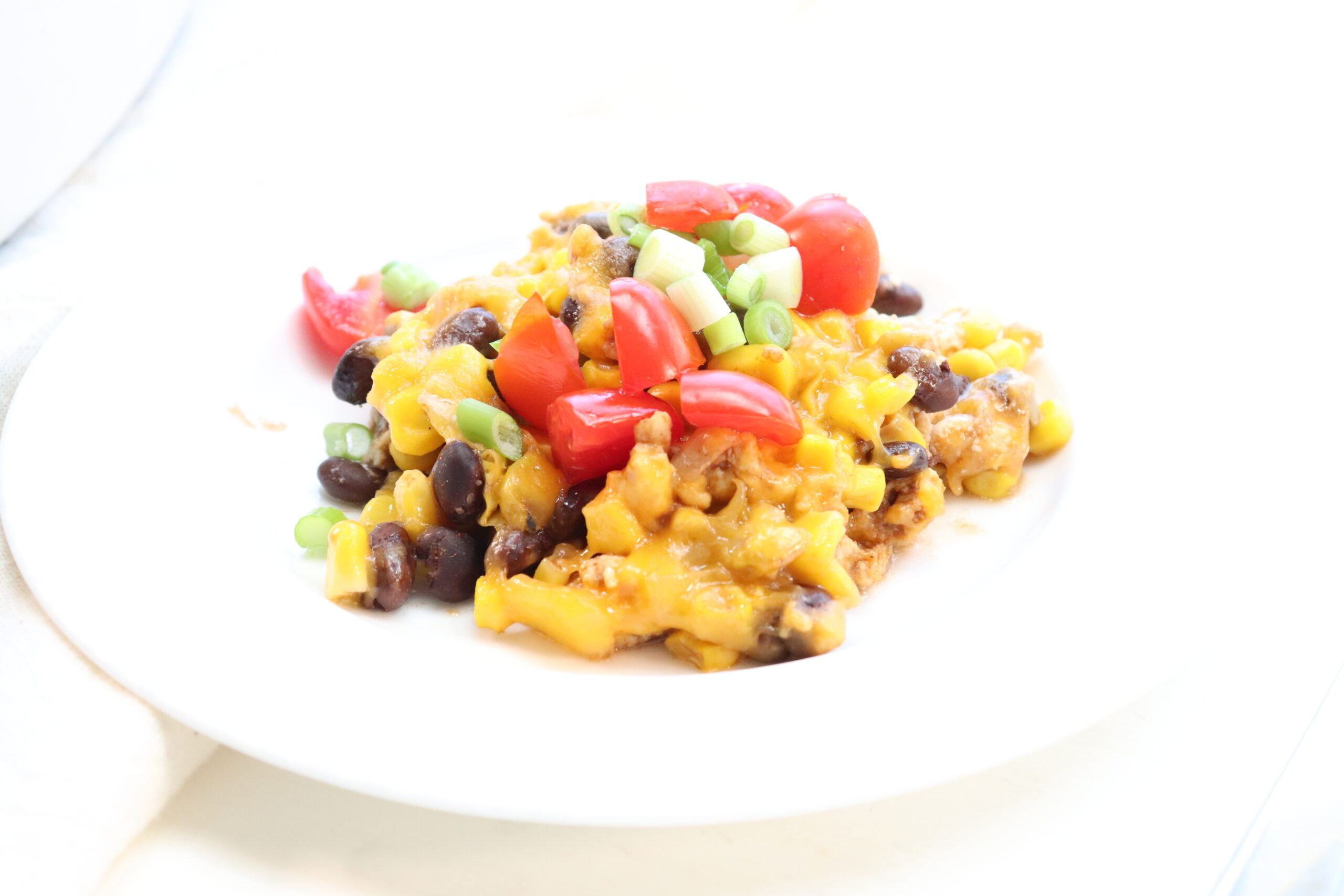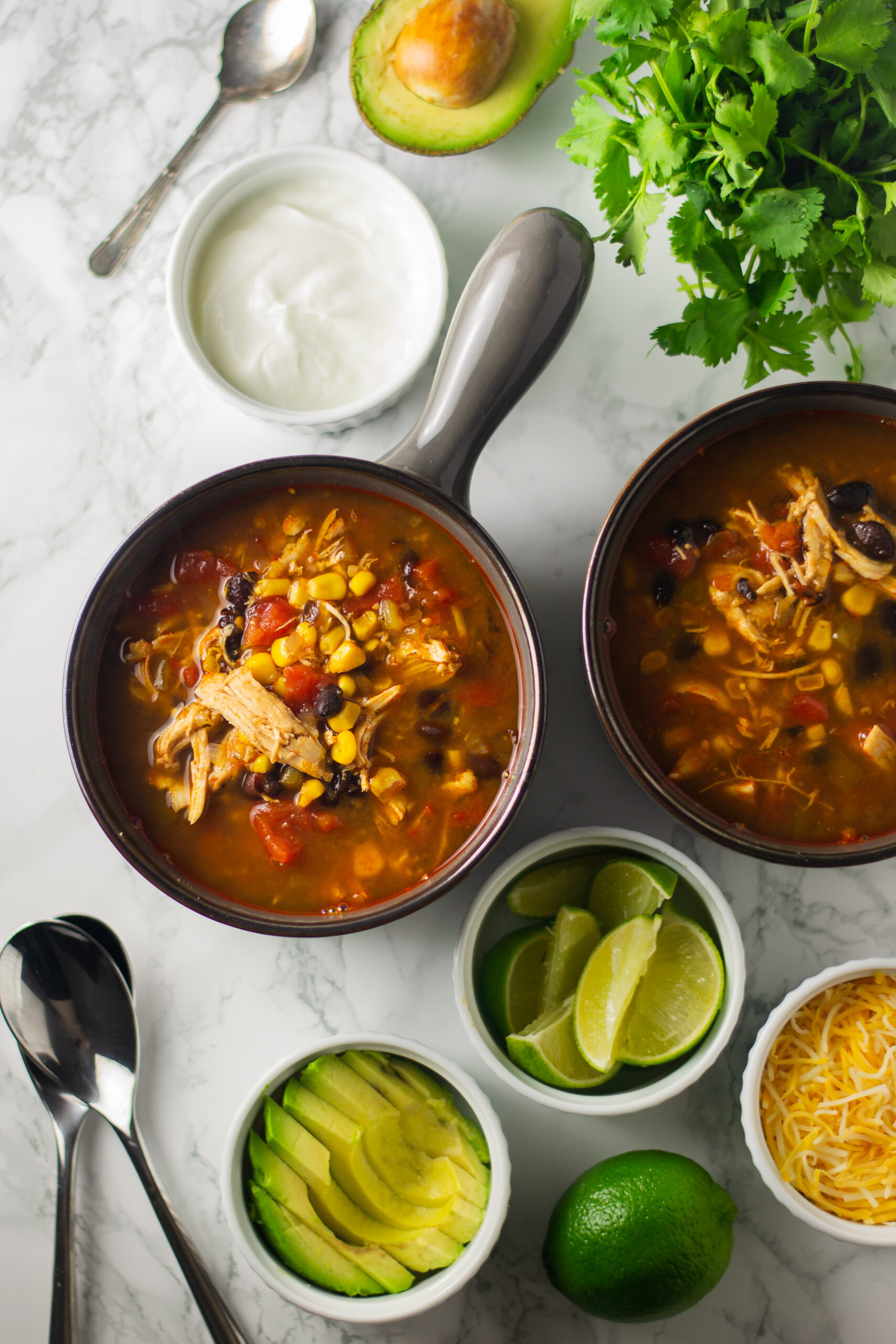As we age, our nutritional needs evolve, and maintaining a balanced diet becomes increasingly critical. Good nutrition is a cornerstone of senior health, playing a crucial role in maintaining energy levels, supporting immune function, and managing chronic health conditions. For seniors, adhering to a diet rich in essential nutrients can also enhance mental acuteness, increase mobility and independence, and improve overall quality of life. This article will delve into the importance of proper nutrition for seniors and provide useful tips to ensure a balanced, healthy diet.
Essential Nutrients for Seniors
As our bodies age, certain nutrients become particularly important to maintain good health. Vitamins such as B12, D, and E, along with minerals like calcium and potassium, are crucial for seniors. For a more comprehensive understanding, Conviva’s guide of nutrients for senior nutrition can serve as an excellent resource. It outlines the recommended intake of these essential nutrients, dietary sources, and their specific benefits. Additionally, seniors should pay close attention to their intake of protein and fiber to maintain muscle mass and support digestion, respectively.
The Role of Hydration
Staying hydrated is equally important, yet often overlooked. With age, the sensation of thirst diminishes, increasing the risk of dehydration. Seniors should make a conscious effort to drink fluids throughout the day, even when they don’t feel thirsty. Water is the best choice for hydration, but other options like milk, juice, and even soups can contribute to meeting daily fluid needs. It is also beneficial to limit the consumption of sugary drinks and caffeine, as they can have diuretic effects and contribute to dehydration.
Overcoming Common Dietary Challenges
Seniors may face challenges in maintaining a balanced diet, such as a decreased appetite, difficulty chewing or swallowing, or limitations in mobility affecting grocery shopping and meal preparation. Solutions can involve eating smaller, more frequent meals that are packed with nutrients. Including a variety of flavors and textures can help stimulate appetite. For those with difficulties chewing or swallowing, soft or pureed foods can be incorporated into the diet. Additionally, using adaptive eating utensils or seeking assistance through home meal delivery services can help overcome mobility limitations and ensure access to nutritious meals.
Healthy Meal Planning and Preparation
Preparing nutritious, balanced meals is key to senior nutrition. Meal plans should encompass a variety of foods, including lean proteins, whole grains, fruits and vegetables, and low-fat dairy. Seniors may benefit from meal prepping in advance, which not only ensures a healthy diet but also minimizes the effort required for daily meal preparation. This can involve cooking larger batches of food that can be portioned out and stored for future meals. Incorporating a rainbow of colorful fruits and vegetables can provide a wide range of essential vitamins and minerals. It is also important to limit the consumption of processed and high-sodium foods, as they can contribute to health issues such as high blood pressure.
Proper nutrition and hydration are integral to maintaining health and vitality in seniors. The journey toward optimal health involves understanding the essential nutrients, staying hydrated, addressing dietary challenges, and organizing meal planning and preparation. While the road may entail some hurdles, it is absolutely achievable with the right mindset and resources. By focusing on these areas, seniors can enhance their overall well-being and enjoy their golden years in good health. As with any dietary changes, it is always beneficial to consult with a healthcare professional or a registered dietitian to ensure the approach aligns with individual health status and dietary requirements.











Leave a Reply